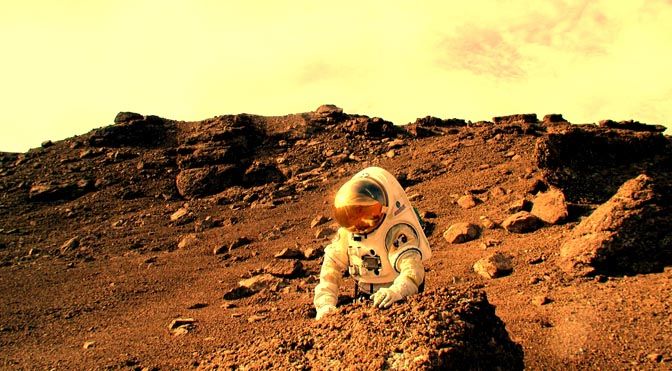Humans aren’t built for deep space exploration. We’ve evolved to live here on Earth with an atmosphere, gravity, and a vitally important magnetic field that deflects high-energy cosmic radiation. It will take all our technological prowess to expand on to other worlds, and it won’t simply be a matter of physically getting there. We also need to preserve delicate human biology. A new study from Georgetown University and NASA suggests it may be much harder than we thought to ensure astronauts maintain healthy gastrointestinal (GI) tract tissue in space.
While doctors expect long-term exposure to high-energy radiation will have myriad effects, it’s difficult to study them in a lab on Earth. The effects of the GI tract are easier to assess because the cells lining this body system are replaced every few days. New cells migrate upward from a structure called a “crypt” to take their places lining the gut. Any disturbance of this mechanism can lead to dysfunction.
The study assessed mice under exposure to different radiation conditions as an analog for humans. They’re much smaller, so they can’t handle as much radiation has a human. However, their GI tracts respond much like ours would from exposure to high-energy particles. The researchers used the NASA Space Radiation Laboratory (NSRL) in Brookhaven National Laboratory to bombard the mice with either simulated galactic cosmic radiation (sometimes called cosmic rays), gamma rays, or no radiation (control group).









Comments are closed.